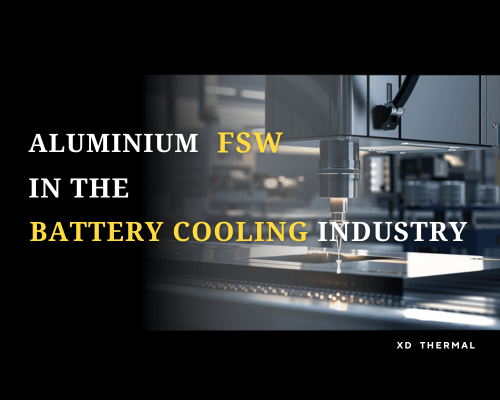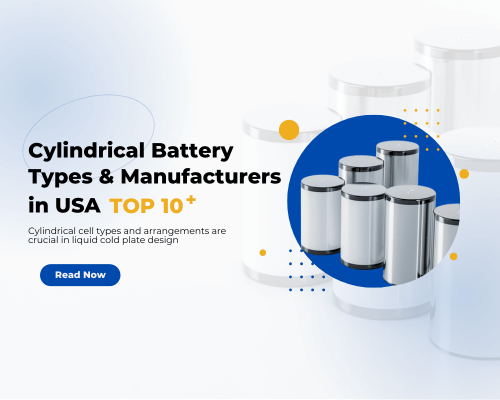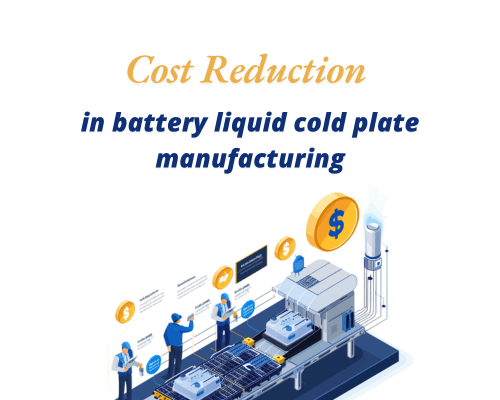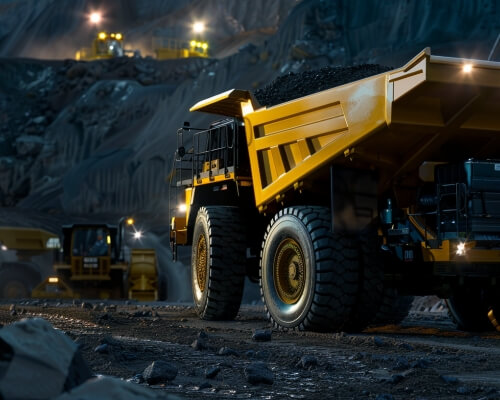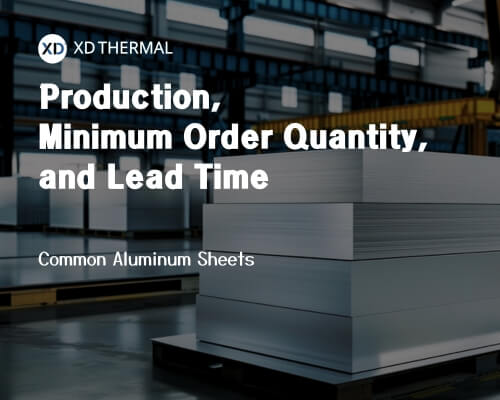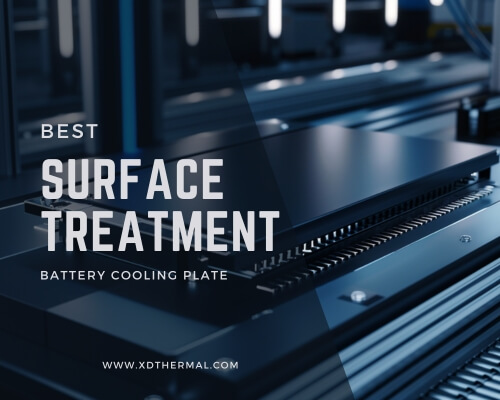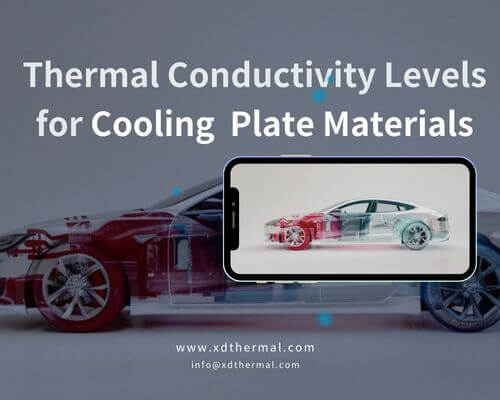Why Should You Use Aluminium FSW in the Battery Cooling Industry?
Why Should You Use Aluminium FSW in the Battery Cooling Industry? Struggling to balance durability, efficiency, and cost in your battery cooling components? Friction stir welding (FSW) offers a game-changing solution for manufacturers seeking robust thermal management in electric vehicle (EV) and energy storage system (ESS) applications. Aluminium FSW ensures high-strength, defect-free joints, minimizing leaks and improving heat dissipation—two critical factors in battery cooling. By merging components without melting, FSW preserves material properties for optimal performance. Curious about why so many innovators are turning to friction stir welding for better battery cooling? Let’s explore each aspect in detail. Table of Contents Understanding the Friction Stir Welding Process Friction stir welding is a solid-state joining technique that merges metals without reaching their melting point. Using a rotating, non-consumable tool, FSW generates frictional heat, softening the material so it can be stirred together. Unlike fusion welding, FSW avoids creating a molten pool, significantly reducing defects like cracks and porosity. This solid-state approach is particularly beneficial for aluminium—common in battery cooling—because it preserves the base metal’s mechanical and thermal properties, ensuring joints stay strong under demanding conditions. Traditional welding methods melt the edges of metals, often causing thermal distortion, micro-cracks, or a weakened heat-affected zone (HAZ). The friction stir welding process, however, operates below the melting temperature of aluminium, producing a fine-grained, homogenous weld. This results in better fatigue resistance and less shrinkage. Such features are pivotal in battery cooling plates and enclosures that must endure frequent thermal cycling while maintaining fluid-tight seals. Key Advantages of FSW in Battery Cooling FSW is more than just a novel welding technique—its unique benefits tackle critical challenges in the battery cooling industry. From enhancing joint integrity to lowering environmental impact, FSW stands out as a superior option compared to both fusion welding and brazing. High-strength, leak-proof…

